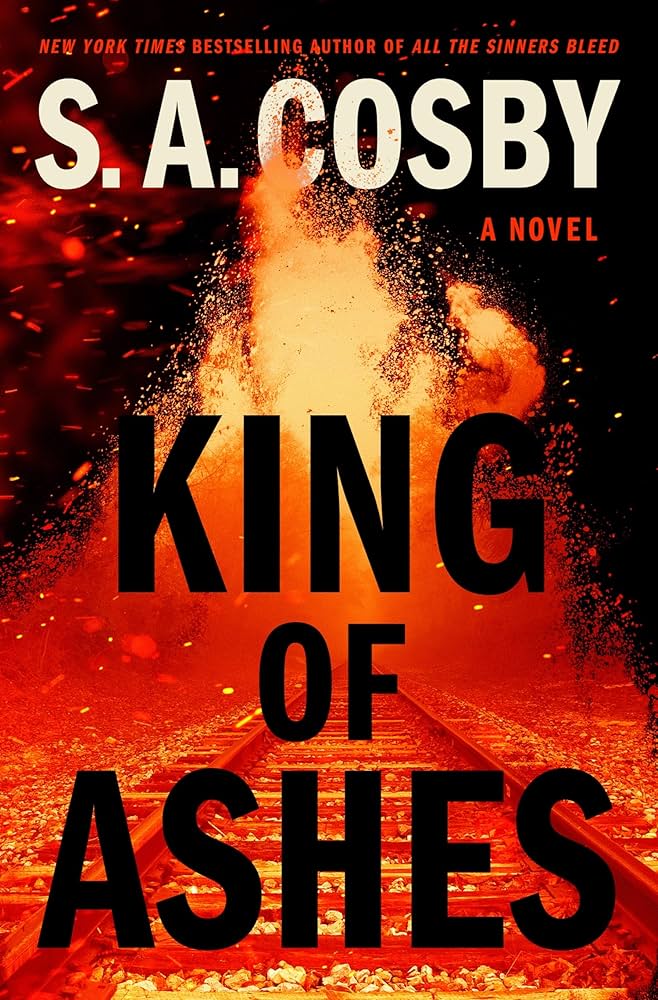December 15, 2025
How to Dodge a Cannonball by Dennard Dale *** (of 4)
A parody, satire, stand-up comedy, history lesson, and vital social commentary in one book. The protagonist Anders, is a white teen during the Civil War who deserts the confederate army in order to join an all-Black regiment fighting for the North. His scholarly commander, Gleason, writes plays in the genre of “speculative dramaturgy.” Other characters in Gleason’s regiment are equally improbable, but the racism they endure is genuine and profound as they fight at Gettysburg, are called upon to put down anti-war riots in New York City, and are repeatedly demeaned by white commanders. At times the dialog is like...
Read More about How to Dodge a Cannonball by Dennard Dale *** (of 4)
Book Reviews
|
0 Comments









